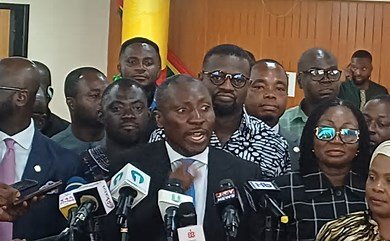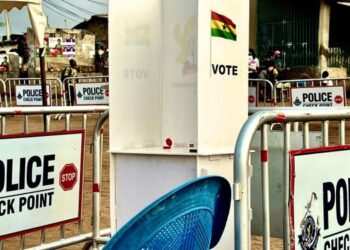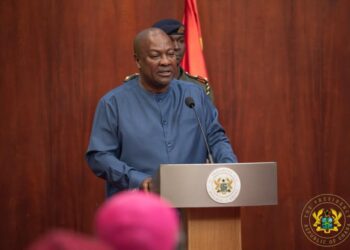The Minority in Parliament has called for the immediate repeal of the recently amended Energy Sector Levies Act, 2025, describing it as an ill-conceived and punitive tax that will exacerbate the economic suffering of Ghanaians.
This demand follows the Ghana Revenue Authority’s (GRA) decision to indefinitely suspend the implementation of the levy, which was initially scheduled to take effect on Monday, June 16, 2025.
The levy was introduced to address legacy debts in the power sector.
The Minority, in a statement dated Sunday, June 15 described the government’s last-minute suspension as a “shameful retreat,” and an admission of policy failure.
They slammed the move as symptomatic of poor planning, inconsistency, and a lack of stakeholder engagement.
The Minority took aim at the government’s rationale for the levy, particularly its claims that instability in global crude oil markets—sparked by tensions in the Middle East—necessitated the move.
They described this justification as both hypocritical and dishonest, pointing out that the governing party had once criticised the previous administration for similar explanations.
The Caucus further rejected the government’s argument that the levy was essential to stabilise the energy sector and service debts, insisting that past administrations had maintained power stability without burdening citizens with extra taxes.
They warned against attempts to link the worsening power crisis to the suspension of the levy, instead blaming inefficiencies at the Electricity Company of Ghana (ECG), ineffective metering, and the abandonment of key programmes such as the Loss Reduction Strategy.
“This eleventh-hour U-turn epitomises a trial-and-error strategy and reveals a disturbing lack of stakeholder engagement prior to the passage of the law. The same administration that lambasted the Akufo-Addo government for blaming global events is now using those very arguments to explain its own policy confusion,” it added.
“The Dumsor Levy was a terrible idea from the onset. At a time when Ghanaians are suffering under the weight of a high cost of living, any additional fuel taxes are economically reckless and morally indefensible,” the statement said.
“We categorically reject the notion that Ghana’s energy woes are due to the absence of this levy. They are the product of poor leadership and mismanagement,” the statement added.




































